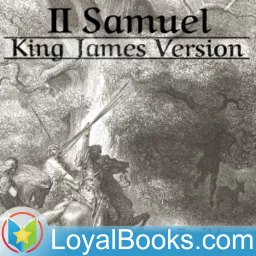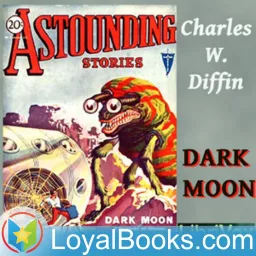Woman's Experiences in the Great War by Louise Mack

An eye-witness account of the fall of Antwerp to the Germans in the opening months of World War I, Mack’s story has passages of extraordinary vividness and immediacy. Flawed by the most treacly sentiment in some places and the most ferocious anti-German invective in others, her account endures as an uncommonly forthright, passionate testimony to those tragic events and the ordinary people who were the true heroes of them. As a forty-something, coquettish war correspondent wrapped in sable furs and speaking French in her native Australian accent, she seems to have inspired amusement in some observers, but her courage in the face of wartime brutality bordered on suicidal effrontery, as she insisted time after time on having a vantage-point in the most dangerous places at the most dangerous times. Perhaps over-generous to the “little” Belgians (who had not long before this been perpetrators of hideous imperial atrocities themselves), she is able to be honest even about those she admires most, pointing out, for example, the appalling number of spies among the Belgian population and the foibles of those who claimed to be its leaders. There are startling moments in this book, riveting details that could only have been recorded by an eyewitness as audacious and authentic as Mack, no matter her sentimental biases.































